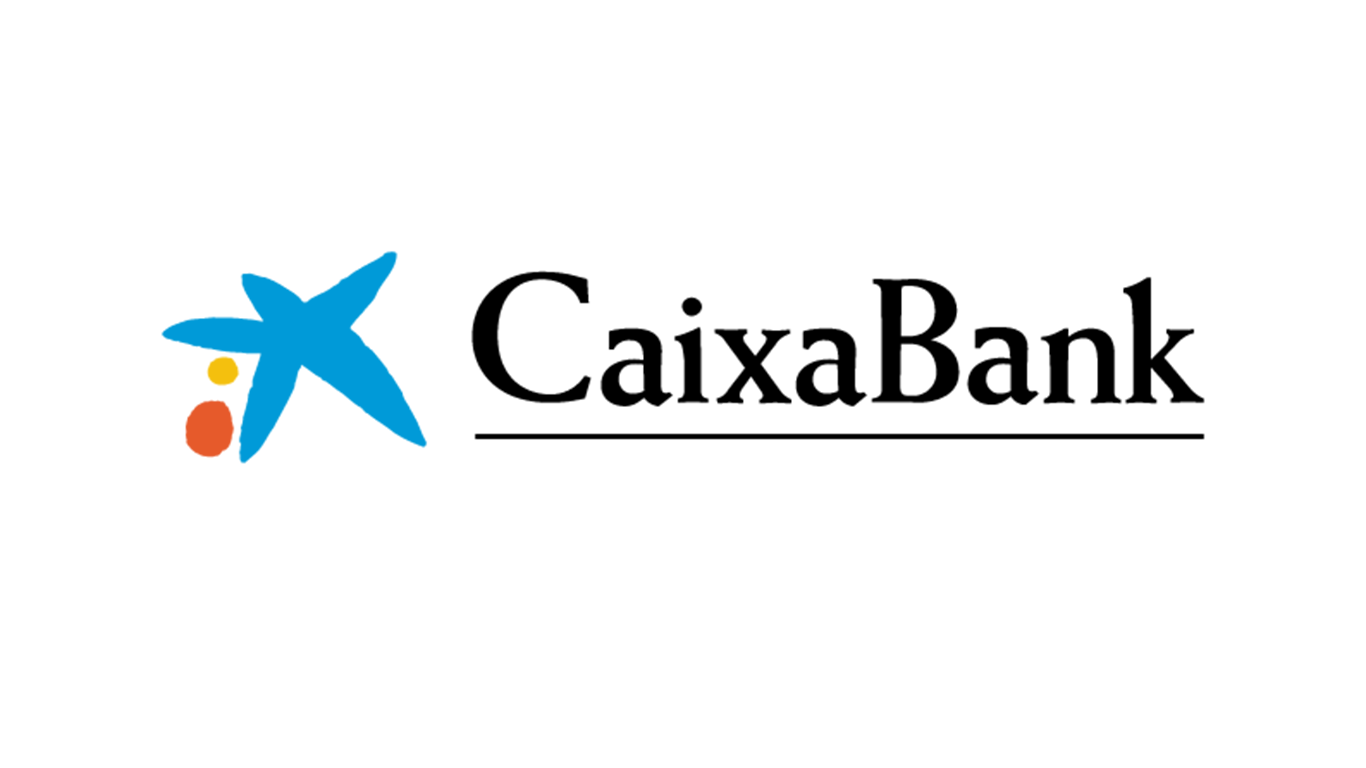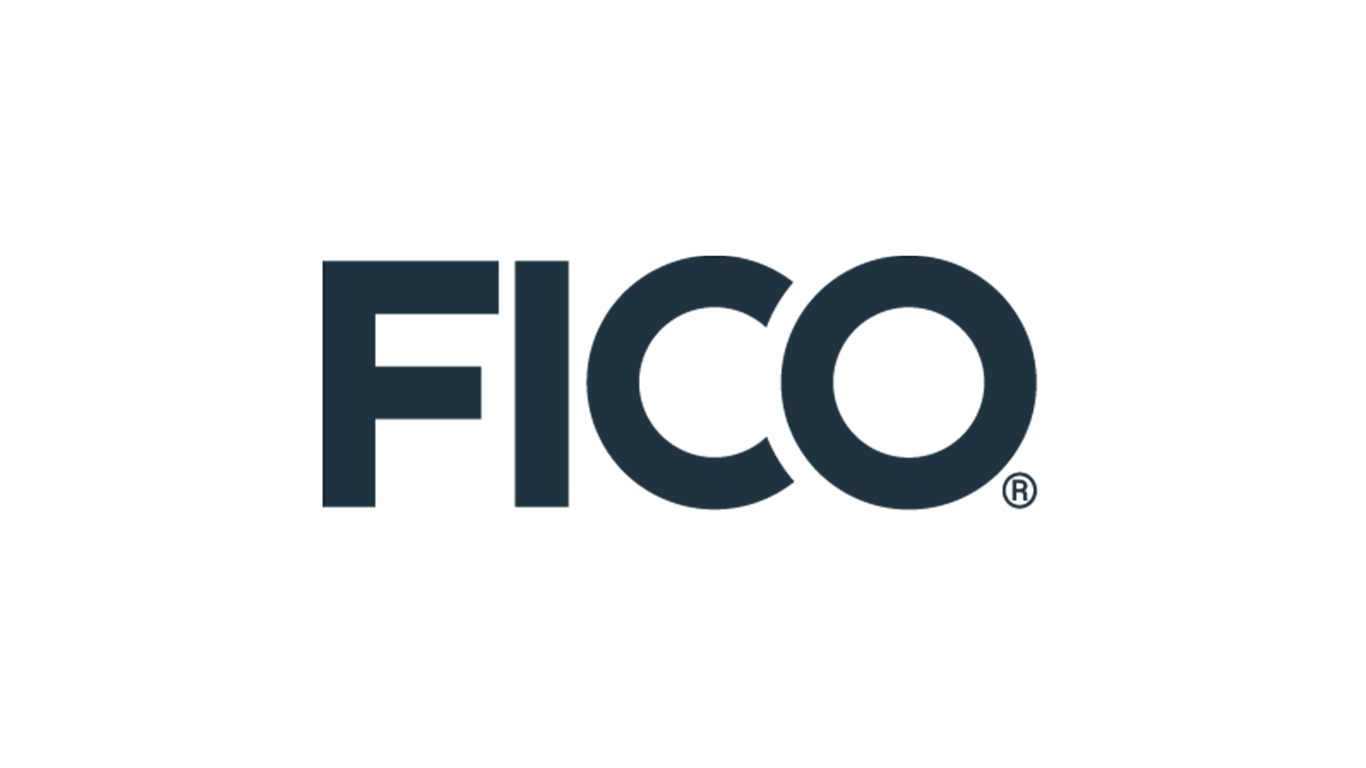Published
- 05:00 am

CaixaBank has launched a second phase in the development and deployment of generative artificial intelligence to scale use cases and implement them throughout the group. The aim of this project is to improve the customer and employee experience and increase productivity and efficiency, as the bank's professionals will be able to devote more time to projects with greater added value.
The GalaxIA Project, as this new phase is called, is a continuation of GenIAl, which the CaixaBank Group has been conducting for a year to analyse the potential of this new technology and develop use cases in which AI could contribute to driving digital innovation and improving processes in all of the bank's business lines. At the same time, the project has highlighted the importance of the centralised governance of new initiatives, given continuous developments in technology and the widespread impact it is expected to have on business processes in the coming years.
The implementation of GenIAl has been a success, exceeding the expectations set, as it has allowed for the implementation in production and deployment to end users of the cases selected for analysis within the deadlines set, strengthened capacities and internal knowledge of generative AI, identified the costs associated with this type of solution, deployed an initial technological infrastructure to develop proposals and put them into production, measured the real value and economic return for this technology in each use case, and defined a framework that will allow for further progress in the project and the scaling of these use cases.
Use cases and new projects
The first five generative AI use cases that have been developed and will be scaled are related to the cognitive assistant for group employees, which, with the application of this technology, has been shown to improve searches and gives much more direct responses in a more colloquial manner, saving reading time and improving efficiency; with the Wall conversations between employees and customers, which has improved the quality of and increased the number of messages responded to daily by managers; with the generation of code, where programming, documentation and testing times have been streamlined, making the life cycle of projects more efficient as well as improving the experience of developers; with the Contact Centre assistant, which provides the agent with more and better information about the customer, now context-aware at all times, and also helping with more specific tasks, for example, blocking cards; and with Customer Service Management (CSM) claims, identifying and classifying cases and assisting specialised teams in the operational management of these cases.
In addition, as part of this second phase in the development and deployment of generative AI at CaixaBank, new use cases will be analysed and developed. We will work both on projects with immediate returns that improve quality and processing times for customers, and on medium and long-term strategic visions that substantially change the way of working in certain areas and complex business processes, such as the customer mortgage process.
Potential of generative AI
With GalaxIA, a new phase is now beginning, with a broader vision of the potential of generative AI, including, in addition to other possible use cases, new environments to experiment with different partners, with the aim of continuing to experiment and learn with this new technology while complementing the capabilities developed during the GenIAl phase.
GalaxIA will therefore act as an accelerator for CaixaBank Group's generative AI projects and will be an active radar to detect new developments in an ever-changing ecosystem that requires rapid adaptation processes. The project already has a team of more than 100 experts in AI, security, cloud, business, user experience, in addition to developers, data scientists and architects from various departments and specialities at CaixaBank and CaixaBank Tech, the CaixaBank Group's technology subsidiary. The Portuguese bank BPI, which belongs to the group, VidaCaixa and CaixaBank Payments and Consumer are participating in the programme.
In addition, a new solid, secure and reliable technological platform has been designed that will enable these use cases to be put into real production and scale the use of generative AI throughout the organisation.
CaixaBank's vision on generative AI is that it has a high potential in the short term to support management and routine tasks in such a way that it can provide employees with more information and time to focus on higher added-value tasks and thus offer customers a better service. In addition, these solutions will benefit customers by improving user experience and how they engage with the bank through different channels.
CaixaBank believes that in the coming years the developments in generative AI will be widely adopted by society and will therefore entail substantial changes in the way in which the bank relates to its customers and in the way the group's internal activities and tasks will be transformed.
The ethics of artificial intelligence is a priority issue for CaixaBank, which it addresses with a multidisciplinary approach to ensure that AI applications are fair, transparent and responsible. The bank is exploring the use of explainable AI to improve the efficiency of fraud detection systems and avoid unwanted bias and discrimination.
Related News
- 08:00 am

Global analytics software leader FICO announced today that Network International LLC (NI), headquartered in Dubai, has helped banks in the Middle East and Africa help prevent fraud using a cloud-hosted version of the industry-leading FICO® Falcon® Fraud Manager. More than 40 financial institutions in United Arab Emirates, Saudi Arabia, Egypt and South Africa are using the solution to protect 20+ million customers, processing more than 180 million transactions, representing USD18 billion in value. Collectively, NI and FICO Falcon Fraud Manager have reduced fraud basis points of sales by 82% in 2022, and increased fraud detection rates by 25%. Network International has won a 2024 FICO® Decision Award for Cloud Deployment.
“Considering the continuously evolving nature of fraud and increased regulatory scrutiny on issuers, it is imperative for banks to establish a robust strategy, processes, technology, and resources to prevent financial and reputational losses,” said Arindam Chatterjee, group head, Safety and Security Solutions at Network International. “But deploying an on-premises fraud management solution is complex, challenging, time-consuming, and costly. FICO Falcon Fraud Manager, which we host as a service, has successfully resolved a complex puzzle for banks and payment service providers that have entrusted NI with the end-to-end responsibility of managing fraud across payment channels on their behalf.”
NI adopted FICO Falcon Fraud Manager to address their customers’ unmet need to use a single platform for preventing and detecting fraud across both card (debit, credit and prepaid) and non-card (retail banking, corporate banking, alliance banking and others) product portfolios. FICO Falcon Fraud Manager at NI gives customers complete flexibility in choosing the channels they want to integrate, deploying the solution in phases and scaling their operations according to business requirements, fraud perception and regulatory priorities. It enables organizations to address fraud comprehensively with a 360° customer view using a unified platform featuring advanced AI and machine learning models for all payment and service channels.
“Because it’s a hosted service, institutions in any country can use it regardless of the size of their customer base or economy, without concerns about the substantial capex of on-premises deployment and onsite support,” said Chatterjee. “NI-hosted FICO Falcon Fraud Manager suits the requirements equally well for a new bank, small bank, mid-sized bank or a large multi-national bank. We can deploy it faster than an on-premises solution for a customer, and reduce their capital expenditure, resource and training costs. They get effective fraud management from day one.”
In addition to managing the anti-fraud application, environment, network and integrations with client’s payment systems, NI also provides continuous analytics and rule management services, and 24/7/365 fraud monitoring operations carried out by a dedicated team work on case investigations and disposition.
Deploying Across the Middle East and Africa
In some countries with stringent data residency requirements imposed by central banks and regulators, such as the Saudi Central Bank, banks cannot process their data outside their country borders. In response, NI adopted a customer-centric approach and established FICO Falcon Fraud Manager instances as close to the clients as possible, in UAE, Saudi Arabia, Egypt, and South Africa. These deployments leveraged FICO Falcon Fraud Manager’s native capabilities, including:
- Infrastructure flexibility: on-premises or cloud-agnostic deployments
- Modular architecture
- Containerised components
- Scalability encompassing both vertical and horizontal expansion
- API-based interfaces
- Cross-data centre replication between production and disaster recovery
Because of these capabilities, the NI technology teams could effectively replicate one successful FICO Falcon Fraud Manager deployment across other key regions with substantial growth potential. These regions predominantly serve developing economies during the transition from cash-based transactions to digital payment systems.
Lower Fraud Losses and Higher Detection Rate
“To date, with a review rate of just 1.13%, we have saved an impressive amount of fraud losses, aggregating to USD9.7 million, which has provided 7.45X ROI to our clients in the current financial year alone,” said Chatterjee.
One of those clients is a small-sized yet fast-growing UAE-based bank that deploys FICO Falcon Fraud Manager at an enterprise level to monitor transaction fraud across cards, retail banking, channels and corporate banking accounts. After implementing FICO Falcon Fraud Manager real-time transaction fraud prevention technology, the bank has a fraud detection rate of over 90%, more than three times as high as when they first started leveraging the solution.
“FICO Falcon Fraud Manager is far and away the industry leader in fraud detection, protecting more than 4 billion payment accounts worldwide,” said Nikhil Behl, EVP for software at FICO. “We applaud Network International’s achievements in bringing this powerful solution to firms of all sizes across the region. They are helping to keep their customer’s customers safe from all kinds of fraud. Bravo!”
“The judging panel was impressed by the expansive scale of Network International's deployment of FICO Falcon Fraud Manager,” added Eric Kavanagh, CEO Bloor Group and host of InsideAnalysis, who was one of the FICO Decisions Awards judges. “By providing fraud prevention-as-a-service to the region, they demonstrated a groundbreaking approach to threat detection. This innovative business model, democratizing advanced technology for a diverse range of organizations, stood out as a testament to their vision and execution, making Network International's achievement truly impressive."
Related News

- Featured Books
- 02.08.2024 10:32 am
While regulations that protect personal data continue to be refined, they haven't yet plugged all the holes in online privacy. This leaves businesses and individuals exposed, but strong privacy practices remain crucial for businesses to build trust and foster longlasting customer relationships.
Download e-book to learn more.
Please fill up these fields in order to read the publication.
Other Featured Books

Tom Fairbairn
Distinguished Engineer at Solace
The financial sector is undergoing a seismic shift. see more

- Product Reviews
- 29.07.2024 04:39 pm
Stripe is a comprehensive cloud-based payment platform designed to facilitate and manage online transactions seamlessly. It offers an end-to-end solution ideal for e-commerce or web-based businesses, focusing on processing online payments efficiently. At its core, Stripe features a robust payments engine that streamlines the movement of money in your business while integrating with applications to prevent fraud, manage revenue, and support global business growth.
The platform's cloud-based infrastructure enhances scalability and security, simplifying financial operations in online commerce by collaborating with financial institutions, banks, payment networks, regulators, and consumer wallets on behalf of your business.
Overview of Stripe Benefits
Stripe provides a secure and scalable solution for processing payments and transactions for internet businesses. Here are some of the key benefits you’ll enjoy from its extensive set of features:
Customized Checkout Experience
Stripe offers a UI toolkit that leverages its collective experience in front-end design and analytics, allowing you to build and customize your own payment forms. Embedding checkout on your site is simplified with just a single line of JavaScript. Additionally, you can send invoices aligned with your branding and use the service on the go via mobile-friendly checkouts on Android or iOS apps.
Varied Payment Options
Stripe supports a variety of payment gateways to cater to your customers’ preferences. It processes payments for all major credit and debit cards globally and supports digital wallets like Alipay, Amex Express Checkout, and Apple Pay. Stripe also accommodates local payment methods and currencies, enhancing global reach and convenience.
Secured Payment Processing
Stripe optimizes routing paths through direct integrations with card networks such as Visa, MasterCard, and American Express, reducing transaction latency and improving success rates. It includes additional layers of authentication to mitigate fraud risks and chargebacks, and automates dispute handling for efficient conflict resolution.
Optimized Reports and Insights
Stripe’s financial reporting features provide consolidated reports and automated accounting support, accelerating transaction reconciliation. You get real-time charge, fee, transfer, and refund information via Stripe’s API and Dashboard. Stripe also simplifies payouts, offering multicurrency options and detailed reporting for a unified view of charges across various parameters.
Overview of Stripe Features
- Custom UI Toolkit
- Embeddable Checkout
- Clean Canvas
- Invoice Management
- Open-Source Plugins
- Multiple Payment Options
- Mobile Customer Interface
- Authorization
- Dispute Handling
- Financial Reporting
- Consolidated Reports
- Accounting Integrations
- Unified Payout
- Payout Timing
- Multicurrency Payouts
- Roles and Permissions
- Collaboration Notes
How Much Does Stripe Cost?
Stripe offers a free trial and a quote-based plan. For precise pricing details, you need to contact the vendor.
Technical Details
- Devices Supported: Windows, Android, iPhone/iPad, Mac, Web-based, Windows Mobile
- Deployment: Cloud Hosted, Open API
- Language Support: English, Chinese, Spanish, French, Italian, Dutch
- Pricing Model: Monthly payment, Quote-based
- Customer Types: Small Business, Large Enterprises, Medium Business, Freelancers
- Support Offered: Email, Phone, Live Support, Training, Tickets
Other Product Reviews


Kayleigh Rose
at Content Creator
Financial fraud has always kept institutions and consumers at the receiving end. The loss is unbearable and puts a stigma on the overall standard of the financial system. see more
Other Videos
- 26.06.2024 -- 07:33 am
Join us for an insightful interview with Steve Munford, CEO of Trulioo, conducted at Money20/20. In this engaging discussion, Steve shares his expertise on the evolving landscape of global identity verification and how Trulioo is leading the charge with innovative solutions
Other Videos
- 17.06.2024 -- 05:54 pm
Financial IT catches up with Moshe Winegarten, CRO of Ecommpay at Money20/20 Europe to discuss the shift from traditional omnichannel approaches and Ecommpay’s innovative strategies.









